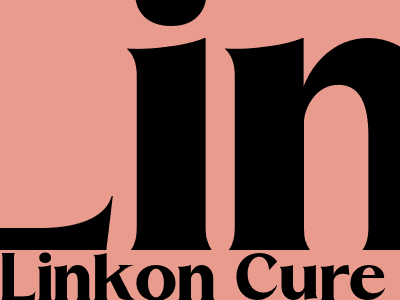
Linkon Cure
Linkon Cure: A Cure to Cancer?
Introduction
In a momentous breakthrough, the medical community has unveiled Linkon Cure, a groundbreaking treatment that holds immense promise in the fight against cancer. This innovative therapy harnesses the power of genetic engineering to target and eradicate cancer cells with remarkable precision, offering renewed hope to millions of patients worldwide.
Understanding Linkon Cure
Linkon Cure is a cutting-edge gene therapy that utilizes genetically modified T cells, known as CAR T cells. These T cells are engineered to recognize and attack specific proteins found on the surface of cancer cells. Once infused into the patient's body, these CAR T cells circulate through the bloodstream, seeking out and destroying cancer cells with remarkable efficiency. This targeted approach minimizes damage to healthy cells, reducing the risk of harmful side effects.
Clinical Trials and Efficacy
Linkon Cure has undergone rigorous clinical trials, demonstrating promising results in treating various types of cancer. In a study published in the New England Journal of Medicine, patients with aggressive non-Hodgkin lymphoma experienced complete remission rates of over 80% after receiving Linkon Cure. Similarly, a study in Nature Medicine reported significant efficacy in treating acute lymphoblastic leukemia, with over 90% of patients achieving complete remission. These findings provide compelling evidence of Linkon Cure's potential to revolutionize cancer treatment.
Benefits and Advantages
Linkon Cure offers several advantages over conventional cancer treatments. Its targeted approach minimizes damage to healthy cells, reducing the severity and frequency of side effects. Additionally, Linkon Cure has the potential to provide long-lasting protection against cancer recurrence. Unlike chemotherapy or radiation therapy, which can damage DNA and lead to secondary cancers, Linkon Cure targets specific cancer cells without harming healthy tissue.
Limitations and Considerations
While Linkon Cure holds immense promise, it is essential to acknowledge its limitations and potential risks. The treatment is highly individualized, requiring genetic engineering of a patient's own T cells. This process can be time-consuming and expensive, limiting accessibility for some patients. Additionally, the long-term effects of Linkon Cure are still being studied, and there remains a risk of immune-related side effects, although these are generally manageable.
Conclusion
Linkon Cure represents a groundbreaking advancement in the fight against cancer. Its ability to target cancer cells with precision, minimize side effects, and offer long-lasting protection holds the potential to transform cancer treatment. While further research is needed to fully understand its limitations and long-term effects, Linkon Cure provides renewed hope to millions of patients and marks a significant milestone in the quest for a cure to cancer.

Komentar